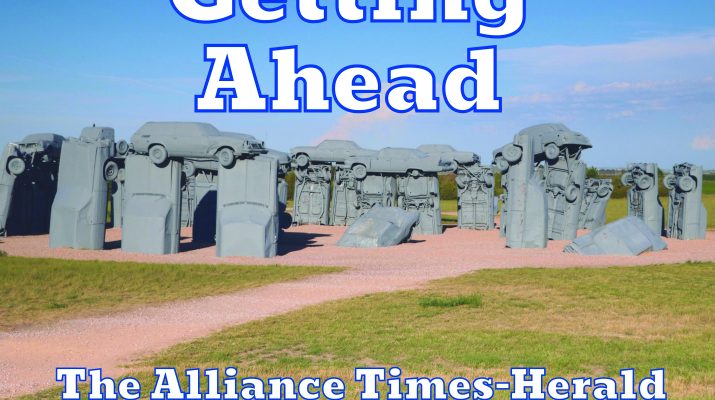Our media constantly has news stories about the government and various politicians. We are bombarded with information for and against every candidate for office, especially at the federal level. The two things most political issues are focused on are whether our taxes are too high, and why doesn’t the government take care of these problems we face?
What do we want government to do? We each have our own opinions about when the government should step in or help out.
Libertarians, for example, are conservative on economic issues and liberal on personal freedom. They oppose government bureaucracy and taxes. They tend to embrace individual responsibility, believe charity should be offered by private individuals and organizations, and support the free market. Libertarians tolerate diverse lifestyles and defend civil liberties, believing that most of our decisions are private and don’t affect others, so they are none of the government’s business.
Our Founding Fathers were generally libertarians. They didn’t want a king with absolute control. They didn’t want a feudal system, where land never changed hands. Our founding documents limited the powers of government and stressed the rights of individuals.
Not everyone was entitled to these rights. Women and slaves were considered property, with no human rights or freedoms. Indigenous peoples were considered enemies, and early government policies called for extermination or assimilation. Our government has evolved, but it has taken struggles, even a Civil War, before we recognized the rights of any minority groups.
Democrats are more liberal and tolerant on personal freedom. They believe the government should focus more on the future, with infrastructure and clean energy investments. The party supports a mixed economy, with features that both support and limit capitalism. Most Democrats support a progressive tax system, higher minimum wages, Social Security, universal health care, and public education.
The Republican Party generally favors laissez-faire economics, which means few restrictions on the way businesses operate. They support free markets and free trade. Republicans believe governmental power should be limited and try to achieve that with tax cuts, reduced government spending, privatization, and the reduction of government run welfare programs.
Each party has some stands that seem contrary to their core beliefs. Even though Democrats support rights of individuals, most favor some restrictions on gun ownership. Republicans favor limited government, but promote legislation and spending that helps businesses. The State of Nebraska, for example, supports funding for the building of workforce housing.
A headline in the New York Times last week illustrates different priorities, “For the Price of a Police Helicopter, New York Could Save the Arts.”
Each of us has to answer some questions: What is the role of government? What do we want our government to do? Are we willing to pay for that? How does that affect our voting?

